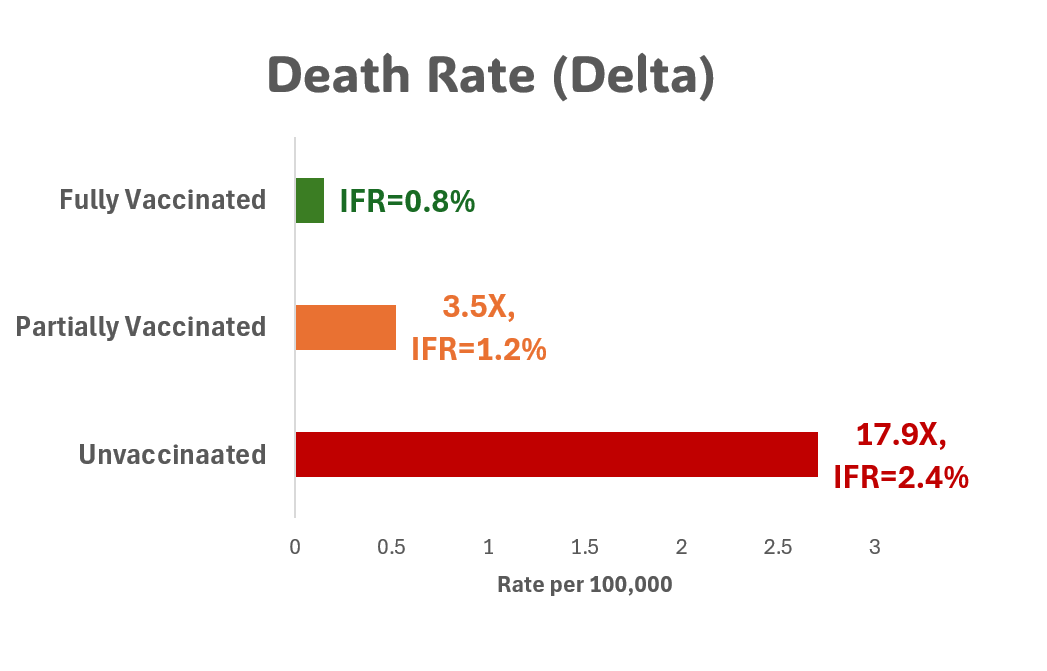"COVID isn't that bad for kids."
To April '21, the estimate of orphanhood is 1.1M, and undoubtedly this number has grown (especially with avg age of death decreasing)
"1.1M orphans? What? That's not possible!"
Let's take a look at this.
Thread:
/1
thelancet.com/journals/lance…
To April '21, the estimate of orphanhood is 1.1M, and undoubtedly this number has grown (especially with avg age of death decreasing)
"1.1M orphans? What? That's not possible!"
Let's take a look at this.
Thread:
/1
thelancet.com/journals/lance…
People think of *orphanages* when they think of orphans. This leads to the common belief that an orphan is someone with no parental-role relatives.
And commonly, orphans refer to such children.
However, @UNICEF uses a standard international definition, which I too prefer.
/2
And commonly, orphans refer to such children.
However, @UNICEF uses a standard international definition, which I too prefer.
/2

There are many configurations of parenthood. In some cultures, it's the "nuclear family" (mom+dad+kids), in some cultures it's an extended family (including grandparents, for example), and within cultures there are variations (raised by aunt, grandma does the raising, etc)
/3
/3

A *primary* caregiver is someone who has shared but crucial role in supervision, safety, security, and basic needs. A *secondary* caregiver is someone who is regularly tasked by the primary caregiver to fill caregiving roles.
/4
/4

Of course, all of these people are crucial to the development, care, security, and emotional connection to children.
The loss of any of these people, from a regularly babysitting aunt to a full-time caregiving grandparent to a mother or father, is devastating to children.
/5
The loss of any of these people, from a regularly babysitting aunt to a full-time caregiving grandparent to a mother or father, is devastating to children.
/5

So using the @UNICEF definition, an orphan is someone who lost a primary caregiver.
Deaths due to COVID have created 1.1M such orphans, and that's before omicron or delta waves.
Realistically, this number is likely 2M as of today and not slowing down.
/6
Deaths due to COVID have created 1.1M such orphans, and that's before omicron or delta waves.
Realistically, this number is likely 2M as of today and not slowing down.
/6

The estimate of loss of secondary caregivers is about 1.6M such orphans (realistically 3M today).
All children who lose a primary or secondary caregiver experience significant suffering and harm.
/7
All children who lose a primary or secondary caregiver experience significant suffering and harm.
/7

Survey after survey of kids tells us that their top concerns, distresses, or challenges are the fear of a loss of a loved one, teacher, caregiver, or parent. And they are worried about the adults' in their lives health. They too, understand they are relatively protected.
/8
/8

But they know what we all know, if they lose a caregiver and experience orphanhood, it is a pain and stress that will change their lives forever.
so please, keep the awful, repugnant phrase "covid isn't that bad for kids" out of your brain.
/fin
so please, keep the awful, repugnant phrase "covid isn't that bad for kids" out of your brain.
/fin

(all images are stock photos to the best of my knowledge, and i licensed 3 myself for these tweets as well as using free sites, i hopefully did not publicly use a child's expression of grief at a funeral)
• • •
Missing some Tweet in this thread? You can try to
force a refresh












